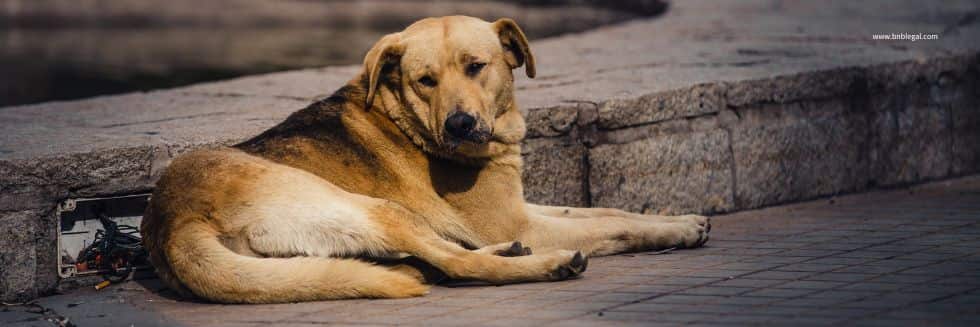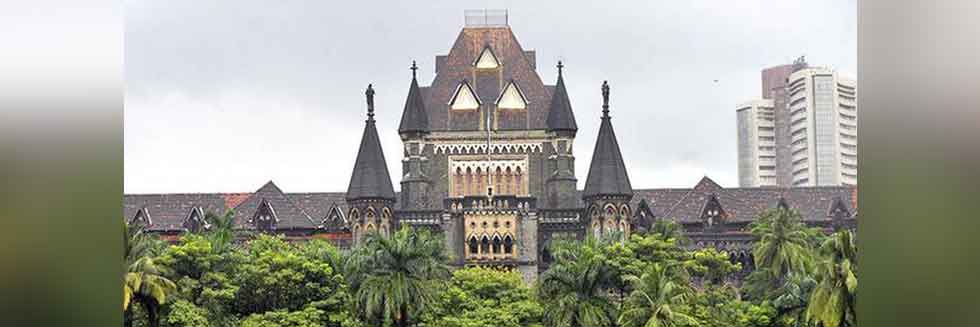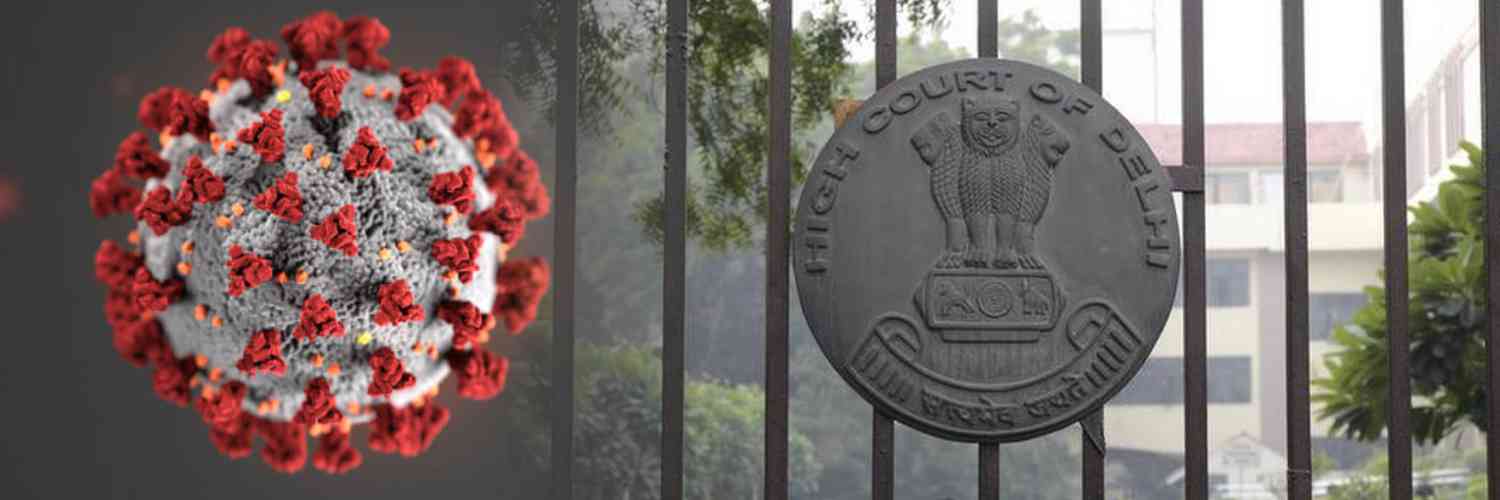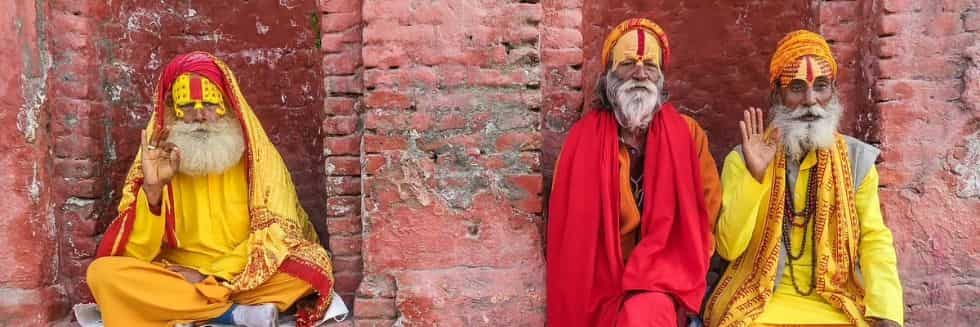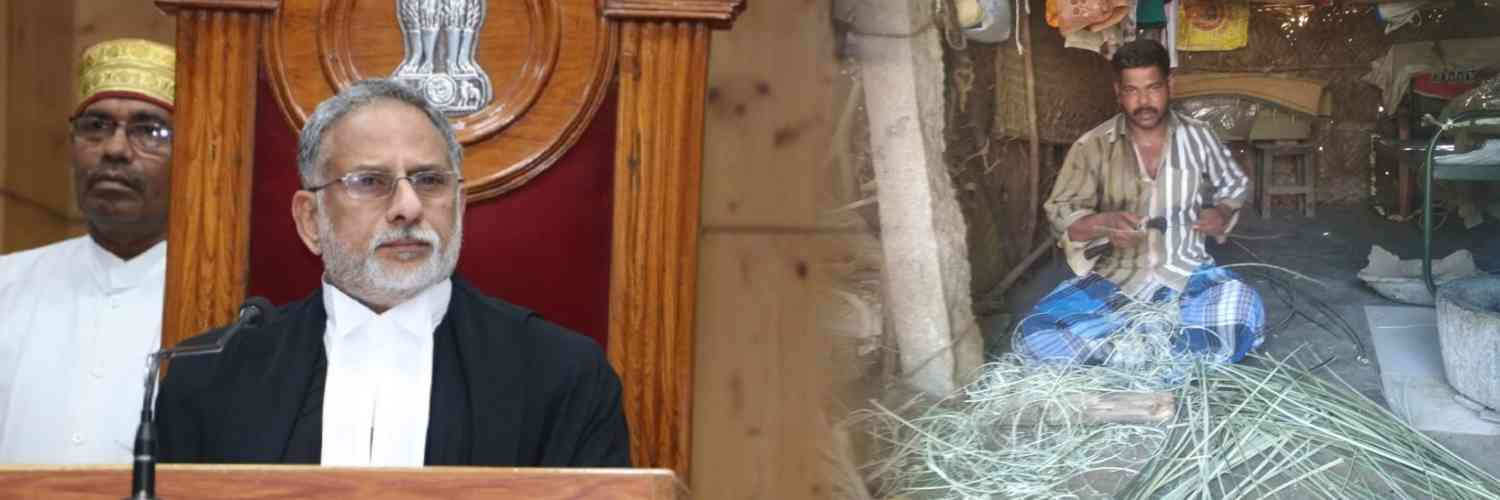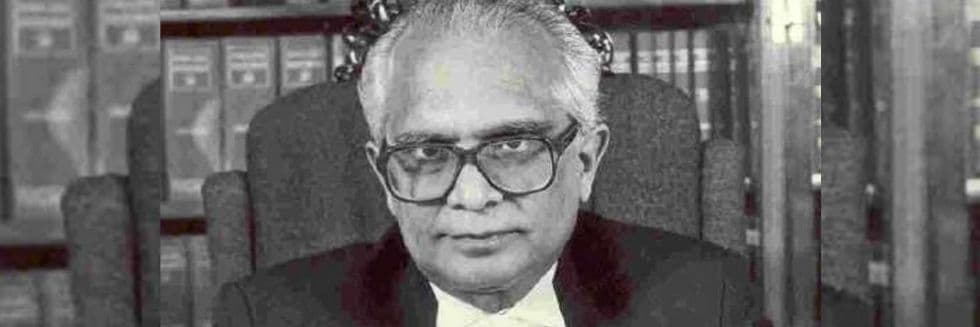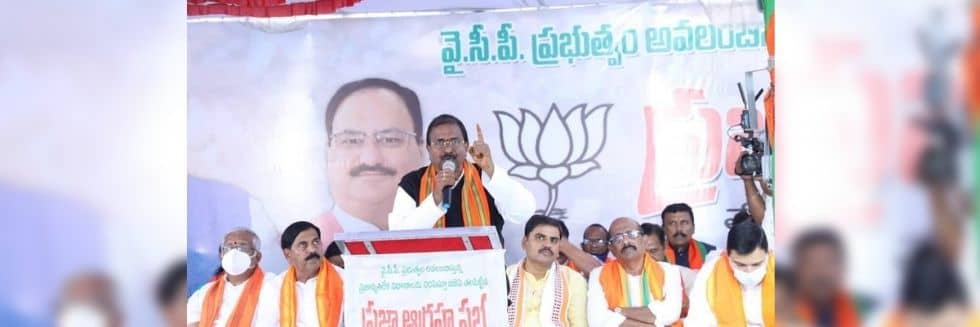Punjab & Haryana High Court has issued a series of directives to the police for the prompt handling of cases related to incidents involving stray or wild animal issues in Punjab, Haryana, and Chandigarh.
In instances of stray dog bites, the Court has mandated a minimum compensation of Rs.10,000 for each tooth mark. For cases where the flesh has been torn off the skin, the minimum compensation shall be Rs.20,000 for every “0.2 cm” of the wound.
The Court specified that the State holds the primary responsibility for paying compensation, with the right to recover the amount from the defaulting Agencies/ Instrumentalities of the State and/or the private individual.
The Court resolved a group of 193 cases related to occurrences involving stray and wild animals in Punjab, Haryana, and Chandigarh.
Justice Vinod S. Bhardwaj noted, “Notwithstanding that such a large number of cases are being reported and even instituted before the Courts, the State has shown no inclination to address the issue. They have chosen to look the other way as people suffer injuries every day and underplay the magnitude of the problem by under-recording the incidents. The denial of existence of a problem does not redress the problem but only escalates the agony of the citizen.”
High Court Guidelines For Police
(a) On receipt of information regarding accident due to stray/wild animal, the SHO shall get a DDR recorded without any undue delay.
(b) The police officer shall verify the claim made and record statements of witnesses and prepare the site plan and summary.
(c) A copy of the above report be forwarded to the claimant.
(d) The above report be furnished within a period of 30 days of receipt of such information.
The Bench additionally instructed the Directors General of Police in the respective States to provide suitable directives to the Authorities concerning this matter.
The court instructed the administrations of Punjab, Haryana, and Chandigarh to establish a committee responsible for determining compensation related to claims arising from accidents or incidents caused by stray cattle and animals. The definition encompasses animals like cows, bulls, oxen, donkeys, dogs, nilgai, buffaloes, as well as wild, pet, and abandoned animals.
The Committee shall comprise of Deputy Commissioner of the concerned District as its Chairperson and shall have the following members:
(a) Superintendent of Police/Deputy Superintendent of Police (Traffic),
(b) Sub Divisional Magistrate of the concerned area,
(c) The District Transport Officer,
(d) Representative of the Chief Medical Officer.
The petitioners are advised to file their compensation applications, accompanied by the necessary supporting documents, before the mentioned Committee. The Committee will determine compensation for incidents or accidents resulting in death or permanent disability in accordance with the policies notified by the respective states. For claims made in the Union Territory of Chandigarh, the compensation will align with the policy of Punjab, given its more advantageous terms.
It is emphasized that the compensation awarded by the Committee for incidents or accidents leading to death or permanent disability in the respective states will adhere to the prescribed guidelines in the respective state policies. Conversely, for claims filed in the UT, Chandigarh, the compensation will follow the provisions of the Punjab policy, considering its more favorable terms.
Application Of Doctrine Of Strict Liability On State
The Court examined the applicability of the doctrine of strict liability to incidents or accidents caused by stray or wild animals on roads and public streets, holding the State accountable.
The bench stated that from the decisions of High Courts and Apex Court it is established that “State as well as its Agencies and Instrumentalities including the National Highway Authority of India have been fastened with the responsibility of keeping and maintaining their streets/roads safe including from the menace of stray/wild animals and stray dogs“.
The Court further stated that both the States and their agencies are deemed responsible for compensating victims or their heirs. This is based on the principle that the State has a public duty to protect citizens and residents from the aforementioned threat. Failing to fulfill these obligations, they cannot evade liability by citing a lack of resources or insufficient funds.
The bench added, “People cannot be left to fend for themselves for a State failure. The rights of the claimants stand further crystallized since the State has been collecting road tax/user fee from the persons using the highways and roads and the Local Bodies are also collecting various types of taxes/fee/cess from the residents and are entitled to levy penalty/fine on the owners who have not been able to impound/keep their animals in chains and/or control.”
Justice Bhardwaj succinctly stated that the law explicitly acknowledges the possibility of holding a person accountable for the wrongful acts or omissions of another under the following conditions:
“(i) as having been ratified or authorized to do a particular act;
(ii) as standing towards the other person in a relation entailing responsibilities for wrongs done by that person; and
(iii) as having abetted the tortuous acts committed by others.”
Hence, when an act is done by an agent or any Agency or Instrumentality of the State, the same is deemed to be done by it for and on behalf of the State, who would nonetheless principally remain bound to ensure that an adequate and appropriate mechanism be put in place to safeguard the lives of its citizens/residents, the bench added.
Making it clear that the State will be jointly along with its agencies, or severally liable, the Court noted, “Hence, the liability of State on the principles of strict liability is well accepted where accidents have occurred due to stray/wild animals. The State is thus liable to compensate on occurrence of such an event.”
